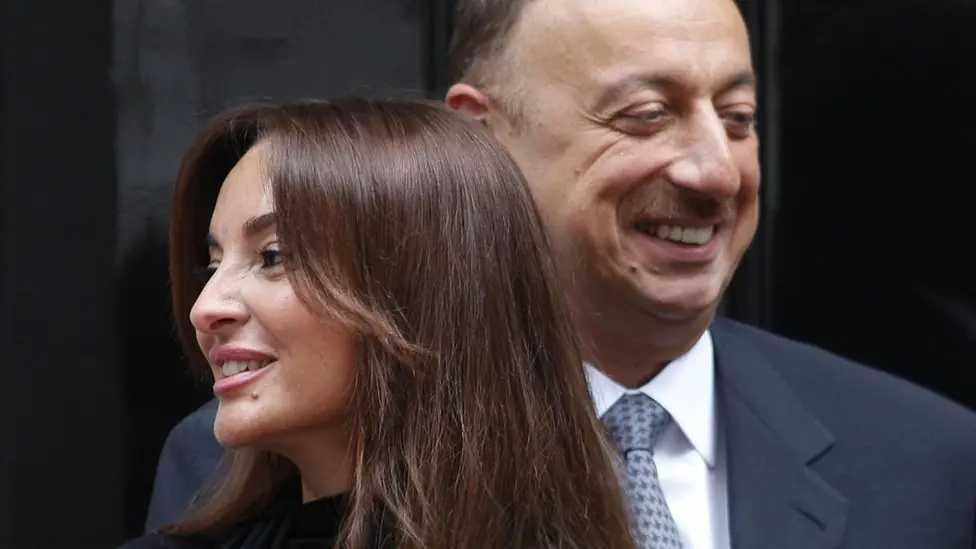On 28 April, Iranian President Masoud Pezeshkian visited Azerbaijan, the first such visit by an Iranian president in six years. While only a short trip, the one-day visit was quite eventful.
One of the most memorable aspects of the visit was Pezeshkian’s sense of humour.
Following his official meeting with Azerbaijani President Ilham Aliyev, Pezeshkian decided to read a poem by Mahamadhuseyn Shahriyar, an Iranian poet of Azerbaijani descent. As Pezeshkian is also an Iranian from the country’s large ethnic Azerbaijani minority, his poem encountered applause from both sides, with Aliyev listening to the poem with a smile.
The poem focuses on one of the mountain peaks located near Tabriz, Iran, with the narrator exploring the grief he feels living far away from his homeland of Azerbaijan. It was published in 1954, when a visit between the Azerbaijani SSR and Iran was not easy to arrange.
As the poem was written in Azerbaijani, many in Azerbaijan interpret the poem as being a part of the national canon, rather than recognising it as being Iranian. In Pezeshkian’s telling, however, the poem becomes about Azerbaijan being lost from Iran rather than about Iranian Azerbaijan being divided from the republic.
According to the Turkmenchay and Gulistan treaties, the Aras River became the border between southern Azerbaijan, consigned to Iran, and northern Azerbaijan, delegated to the Russian Empire, in 1828.
Many years later, following the Soviet Union’s collapse, Azerbaijani leaders began to speak about reconnecting the two Azerbaijans — even Azerbaijan’s second president, Abulfaz Elchibay, emphasised that one day, the ‘southern part will gather its strengths and will be freed’. Indeed, many ordinary Azerbaijanis think that the issue could be solved by simply having Iranian Azerbaijan rejoin Azerbaijan, with no regard for what Iran might think.
When Pezeshkian read his poem about the forced separation of two brothers, it was clear he was turning this irredentist concept on its head.
Beyond the poem, Pezeshkian showed his views by only speaking in Farsi during his visit, despite apparently knowing Azerbaijani. The exception was the poem, which he read in Azerbaijani.
Throughout his whole visit, Pezeshkian gave a clear message to Azerbaijan that he was the Iranian president, and that he was visiting a country he viewed as being a part of Iran, given to Azerbaijan, not as part of an imaginary greater Azerbaijan that never existed.






